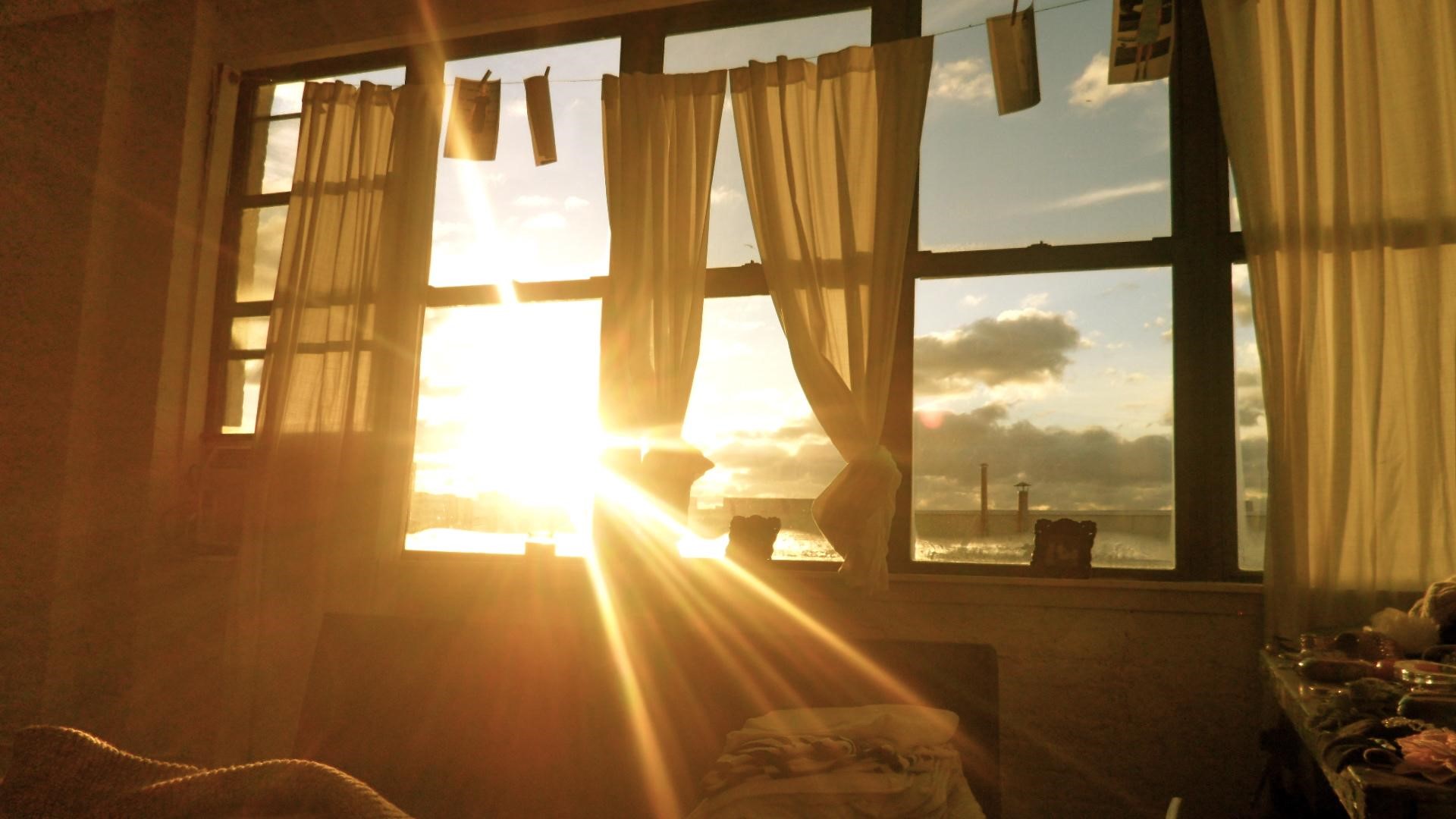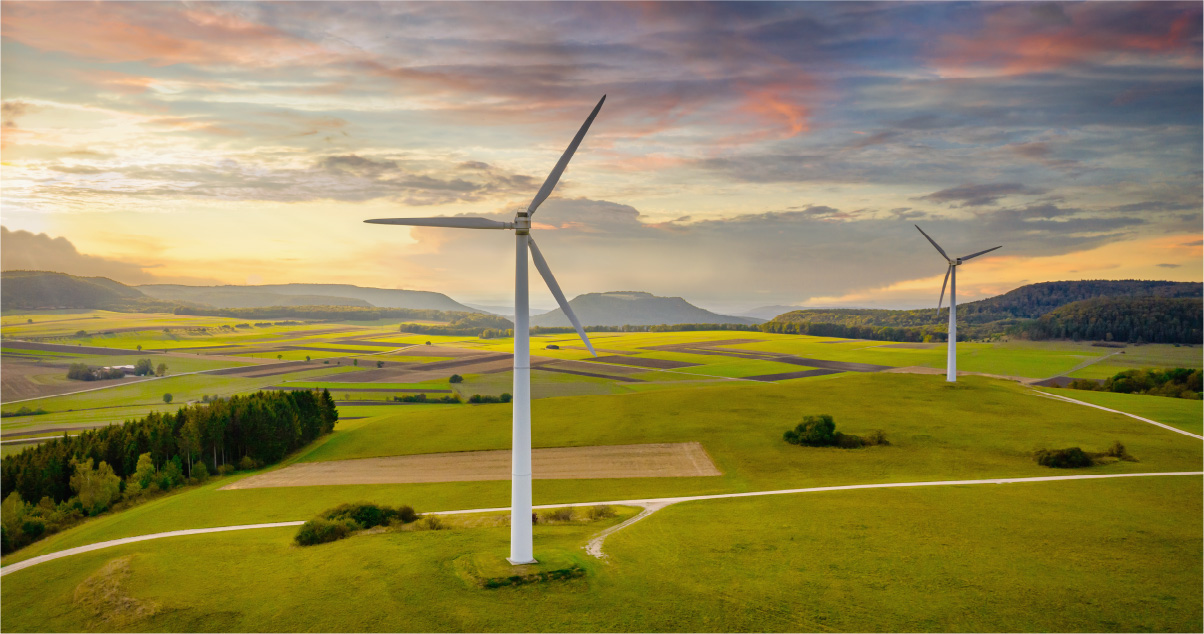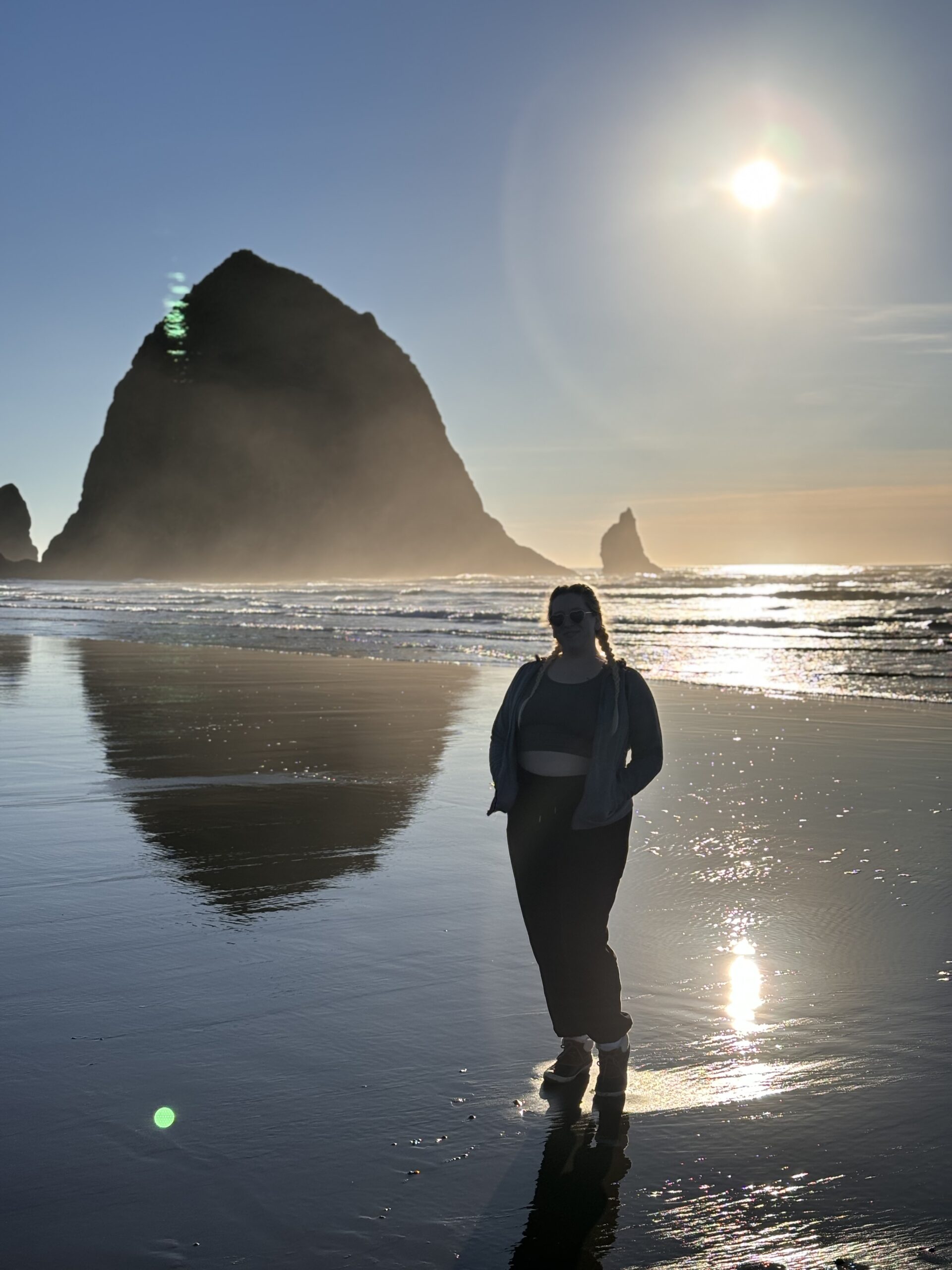This article is your complete guide to understanding deregulated energy states. In deregulated states, consumers enjoy the freedom to choose their power sources and providers. States like New York and Texas are notable examples where energy deregulation allows for a variety of utility options. We’ll provide a comprehensive list of all US states with deregulated energy and tackle your most pressing questions. If you’re questioning whether electricity deregulation applies in your area, this guide is for you!
Here at The Energy Professor, we want to give you the information you need to not only save money on your energy bill but to also become more energy efficient. We hope you find this post helpful and make it easier for you to know if you’re in a deregulated energy market. Be sure to also check out our one-of-a-kind energy savings calculator!
The Energy Professor Electricity Rate Check Tool
What is Energy Deregulation?

Energy deregulation allows consumers in certain states the choice of their energy provider. This type of market allows homeowners the ability to select their electricity or natural gas provider instead of being confined to a single utility company. This energy deregulation competition can lead to lower rates for your electricity!
How Many States Have Deregulated Electricity in the US?
- 15 states
In the US, there are 15 states with deregulated electricity markets and 26 states offer deregulated energy, either in gas or electricity. Residents in these states have the option to select their gas or electricity supplier, unlike those in the remaining states who are limited to a single electric company due to regulated markets.
Related Post: What is Energy Deregulation?
Deregulated Energy States 101 – Electric and Gas

While above we did list all of the states that have options for deregulated energy markets, that doesn’t mean that ALL types of energy are deregulated. For example, Connecticut only offers a deregulated electricity market and does not offer deregulated gas. If you live in a deregulated energy market, make sure to check if yours is for electric, gas, or both.
We’ve compiled lists of the different states and where they fall with deregulated markets in the US.
What are the US states with deregulated electricity only?
- Connecticut – Connecticut Power & Light, United Illuminating.
- Delaware – Delmarva Power & Light Company (Delmarva Power), Delaware Electric Co-op (DEC).
- Maine – Emera Maine, Central Maine Power (CMP)
- Massachusetts – Eversource, Unitil (Fitchburg Gas & Electric), National Grid
- New Hampshire – Public Service Company of New Hampshire (PSNH), Liberty, Unitil, New Hampshire Electric Cooperative, Inc.
- Texas – American Electric Power (AEP) Central, AEP North, CenterPoint, Oncor, Sharyland, and Texas New Mexico Power (TNMP).
These states only offer deregulated markets for electricity. If you are looking for natural gas, you will only have the choice of what is offered in your area. We have listed the top service providers in these states for their deregulated electricity market for 2024.
What are the US states with deregulated gas only?
- Florida
- Georgia
- Indiana
- Kentucky
- Montana
- Wyoming
- California
- Nebraska
- New Mexico
- West Virginia
This list of states has deregulated utilities for gas only, and will not have that same freedom with their electricity.
What are the US states with deregulated electricity and gas?
- Illinois
- New Jersey
- New York
- Ohio
- Pennsylvania
- Rhode Island
- Michigan
- Virginia
If you live in one of these states, you can use our Electricity Rate Check Tool and see if we can save you some money today! These are the states that have both, gas and electricity in a deregulated market, therefore, you have a lot of choices with your energy!
Related Post: How to Find Light Companies with No Deposit with The Energy Professor
Deregulated Energy States FAQ

Q: What’s the difference between regulated and deregulated energy states?
A: The difference between regulated and deregulated energy is that those with regulated energy only have one choice for their utilities. Typically, regulated energy markets only have one monopoly company that everyone has to use for either electricity or gas. Deregulated energy markets allow consumers to pick a competitive energy market with lower pricing.
Q: How many states have deregulated electricity?
A: 15 states have deregulated electricity markets. Some of these states also offer deregulated gas markets., but not all of them.
Q: How many states have deregulated energy?
A: There are 26 states with deregulated energy markets of some sort, whether that be electricity or natural gas. Some states offer deregulated electricity and not natural gas, and vice versa. So make sure to check and see which deregulated energy market you’re in!
Do you Need Cheaper Electricity?
If you’ve taken the time to understand the information on your bill and discovered you’re paying more than you’d like for your electricity, have you looked around for a cheaper deal? The Energy Professor has a wealth of information on ways to save on your utilities, including details of top deals that could significantly reduce your monthly or quarterly electricity bills.
We hope you found this article helpful! If you are looking for ways to increase energy efficiency and sustainability in your home be sure to take a look at all of the latest renewable energy options in your area. The Energy Professor helps residential and small business owners find qualified energy suppliers in New York, New Jersey, Pennsylvania, Texas, Ohio, Maryland, Illinois, and Massachusetts


